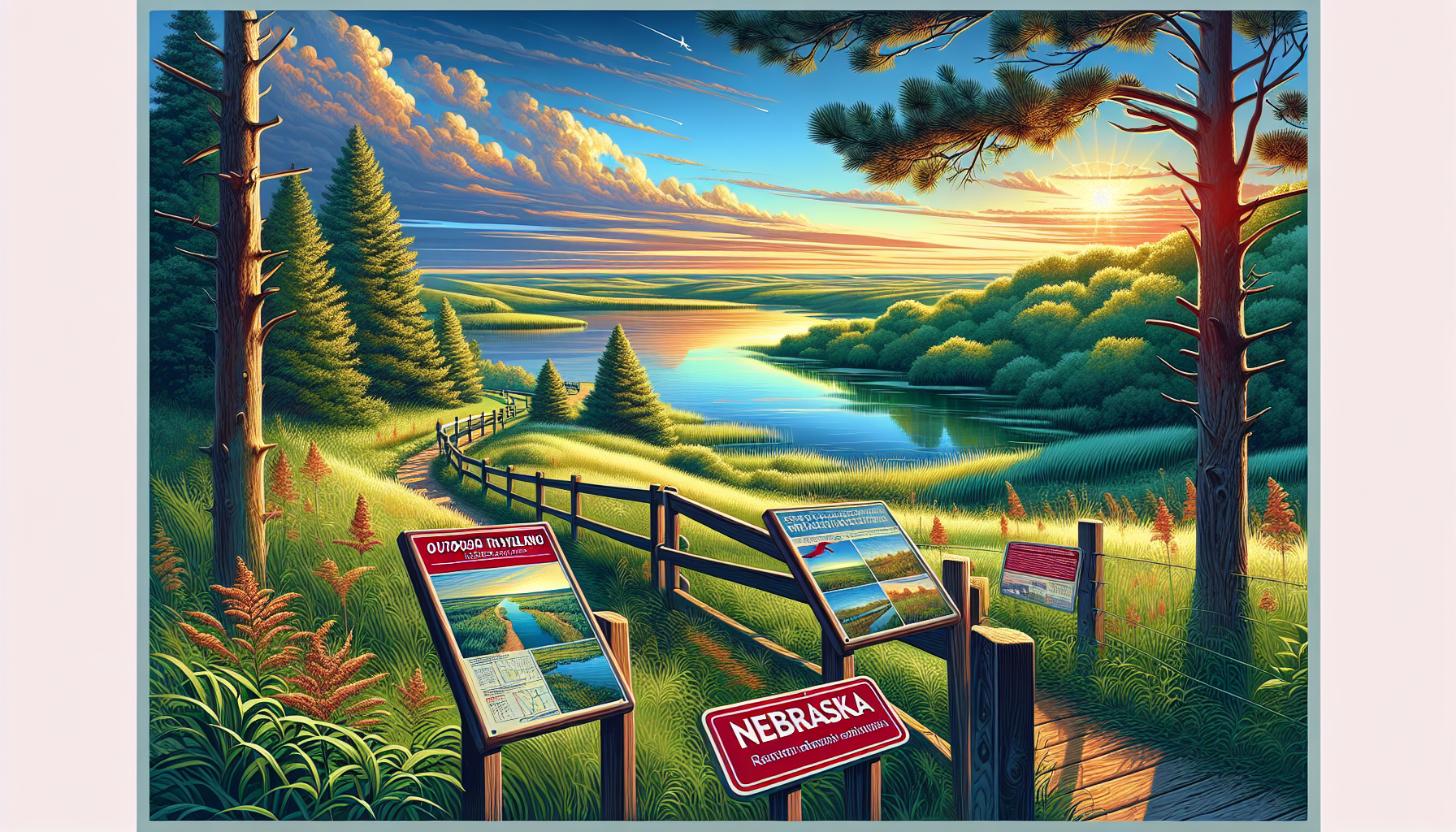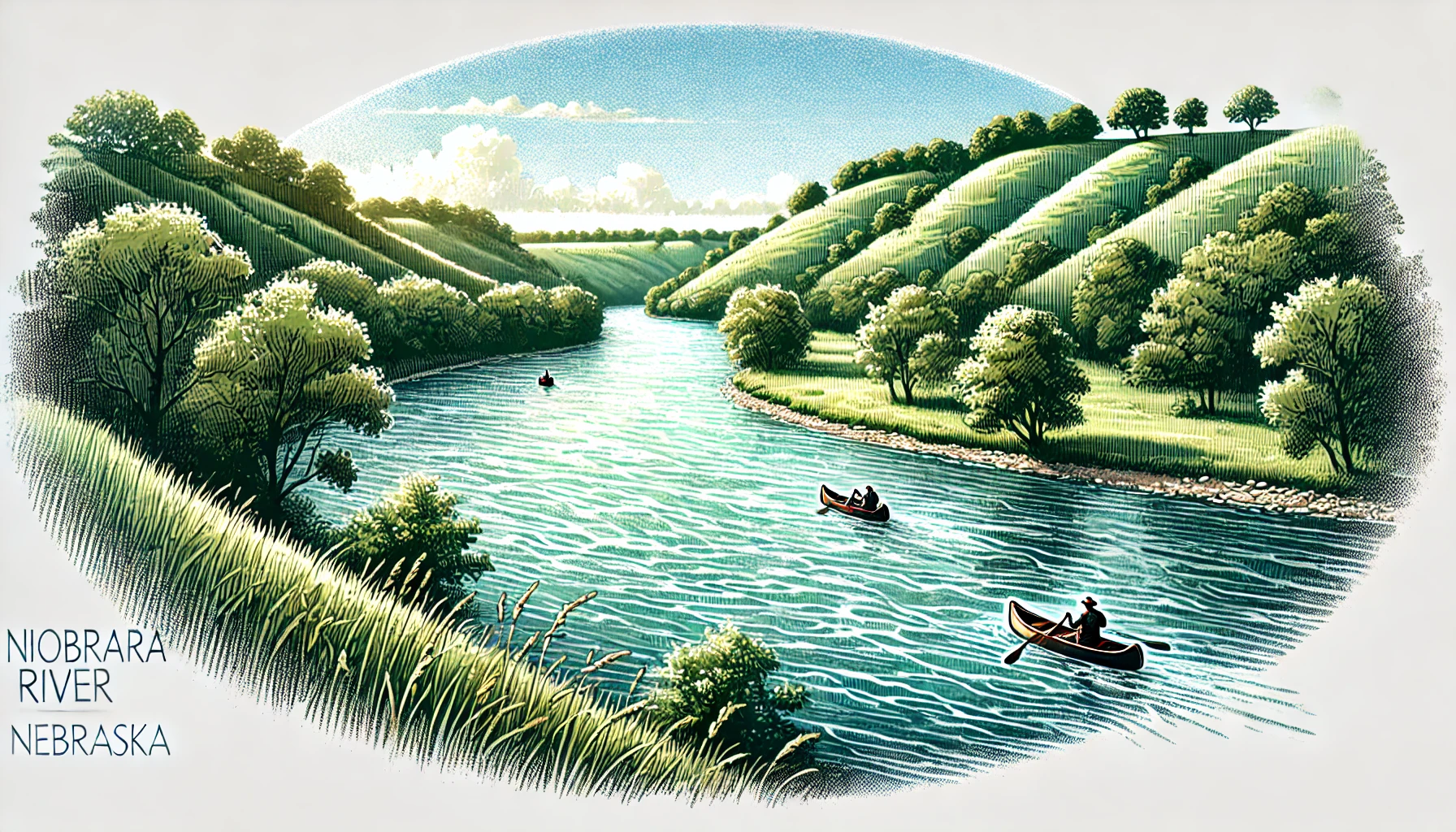Rural Highway Cleanups in Nebraska

While driving through the rolling hills and vast plains of Nebraska, one may notice a peculiar sight - groups of people picking up trash alongside the roads. These individuals are part of a community-driven effort known as rural highway cleanups, a practice aimed at maintaining the aesthetic appeal of the countryside and promoting environmental stewardship. In this article, we will delve into the history, significance, and implementation of rural highway cleanups in the Cornhusker State.
The concept of rural highway cleanups in Nebraska dates back to the 1960s, when the Nebraska Department of Roads (now known as the Nebraska Department of Transportation) initiated a program to beautify the state's highways. This effort was largely driven by the growing concern over litter and its negative impact on the environment and local communities. Since then, rural highway cleanups have become an integral part of Nebraska's highway maintenance strategy, with numerous organizations, schools, and community groups participating in the initiative.
One notable example of a rural highway cleanup effort can be found along the Sandhills Journey Scenic Byway, which spans over 272 miles through north-central Nebraska. This stretch of highway passes through the picturesque Sandhills region, known for its rolling sand dunes and prairie grasslands. To maintain the natural beauty of this area, local residents, school groups, and conservation organizations come together to clean up trash and debris, ensuring that the byway remains a popular tourist attraction for nature lovers and outdoor enthusiasts.
The impact of rural highway cleanups in Nebraska extends beyond aesthetics, as it also contributes to the local economy and promotes environmental sustainability. According to the Nebraska Department of Transportation, litter cleanup efforts along highways and byways save the state an estimated $1 million annually in maintenance costs. Furthermore, by reducing the amount of trash in waterways and natural habitats, rural highway cleanups help protect the state's wildlife and ecosystems.
In recent years, the Nebraska Department of Transportation has implemented various initiatives to encourage community involvement in rural highway cleanups. One such program is the "Litter Sweep," a statewide cleanup event that takes place annually in the spring and fall. During this event, volunteers from across the state gather to clean up trash and debris along highways, byways, and local roads. Another program, the "Adopt-a-Highway" initiative, allows community groups and organizations to adopt a stretch of highway and commit to cleaning it up on a regular basis.
While rural highway cleanups are an essential aspect of maintaining Nebraska's scenic byways and natural beauty, they also serve as a reminder of the importance of community involvement and environmental stewardship. As the state continues to grow and develop, it is crucial that residents and visitors alike take an active role in preserving the natural beauty of the Cornhusker State.
In addition to state-led initiatives, many local organizations and community groups are also working to promote rural highway cleanups in Nebraska. For example, the Keep Alliance Beautiful organization in Alliance, Nebraska, has been actively involved in cleaning up trash and debris along local roads and highways for over two decades. Similarly, the Kearney Community Action Team in Kearney, Nebraska, has been working with local schools and community groups to promote litter cleanup efforts and environmental education.
In conclusion, rural highway cleanups play a vital role in maintaining the natural beauty of Nebraska's countryside and promoting environmental stewardship. Through the efforts of community groups, schools, and local organizations, the state has been able to reduce litter and debris along its highways and byways, while also promoting economic development and environmental sustainability.
The concept of rural highway cleanups in Nebraska dates back to the 1960s, when the Nebraska Department of Roads (now known as the Nebraska Department of Transportation) initiated a program to beautify the state's highways. This effort was largely driven by the growing concern over litter and its negative impact on the environment and local communities. Since then, rural highway cleanups have become an integral part of Nebraska's highway maintenance strategy, with numerous organizations, schools, and community groups participating in the initiative.
One notable example of a rural highway cleanup effort can be found along the Sandhills Journey Scenic Byway, which spans over 272 miles through north-central Nebraska. This stretch of highway passes through the picturesque Sandhills region, known for its rolling sand dunes and prairie grasslands. To maintain the natural beauty of this area, local residents, school groups, and conservation organizations come together to clean up trash and debris, ensuring that the byway remains a popular tourist attraction for nature lovers and outdoor enthusiasts.
The impact of rural highway cleanups in Nebraska extends beyond aesthetics, as it also contributes to the local economy and promotes environmental sustainability. According to the Nebraska Department of Transportation, litter cleanup efforts along highways and byways save the state an estimated $1 million annually in maintenance costs. Furthermore, by reducing the amount of trash in waterways and natural habitats, rural highway cleanups help protect the state's wildlife and ecosystems.
In recent years, the Nebraska Department of Transportation has implemented various initiatives to encourage community involvement in rural highway cleanups. One such program is the "Litter Sweep," a statewide cleanup event that takes place annually in the spring and fall. During this event, volunteers from across the state gather to clean up trash and debris along highways, byways, and local roads. Another program, the "Adopt-a-Highway" initiative, allows community groups and organizations to adopt a stretch of highway and commit to cleaning it up on a regular basis.
While rural highway cleanups are an essential aspect of maintaining Nebraska's scenic byways and natural beauty, they also serve as a reminder of the importance of community involvement and environmental stewardship. As the state continues to grow and develop, it is crucial that residents and visitors alike take an active role in preserving the natural beauty of the Cornhusker State.
In addition to state-led initiatives, many local organizations and community groups are also working to promote rural highway cleanups in Nebraska. For example, the Keep Alliance Beautiful organization in Alliance, Nebraska, has been actively involved in cleaning up trash and debris along local roads and highways for over two decades. Similarly, the Kearney Community Action Team in Kearney, Nebraska, has been working with local schools and community groups to promote litter cleanup efforts and environmental education.
In conclusion, rural highway cleanups play a vital role in maintaining the natural beauty of Nebraska's countryside and promoting environmental stewardship. Through the efforts of community groups, schools, and local organizations, the state has been able to reduce litter and debris along its highways and byways, while also promoting economic development and environmental sustainability.
